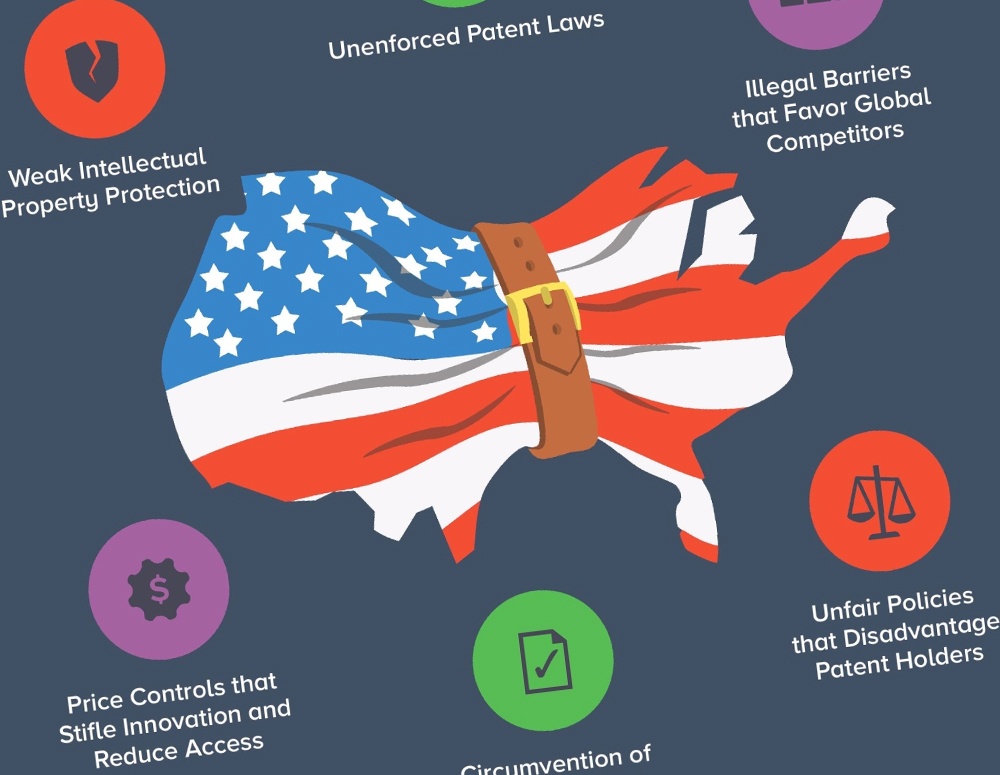Illegal trade barriers discriminate against U.S. innovators
America has long led the world in medical innovation – which

Illegal trade barriers discriminate against U.S. innovators.
America has long led the world in medical innovation – which

Illegal trade barriers discriminate against U.S. innovators.
America has long led the world in medical innovation – which brings breakthrough, lifesaving medicines to people around the world, and supplies 4.5 million biopharmaceutical jobs to American workers. But to ensure the industry continues to deliver these benefits, the U.S. needs a level playing field when it comes to international trade.
Unfortunately, U.S. trade partners – including Argentina, China, India, Indonesia, Russia, Turkey and Vietnam – are resorting to “localization barriers” which unfairly discriminate against U.S. products. These barriers put U.S. biopharmaceutical products at a disadvantage and flout obligations set out in international trade agreements. The result is contorted market incentives, undermined innovation and restricted patient access to lifesaving treatments.
Take Turkey and Russia, for example. Both employ discriminatory localization barriers, including:
The costs and consequences of illegal trade barriers such as these are severe – they disadvantage U.S. companies in the global marketplace, compromise access to lifesaving medicine, and ultimately hurt patients in both countries. It’s time to level the playing field for the U.S. and the rest of the world.